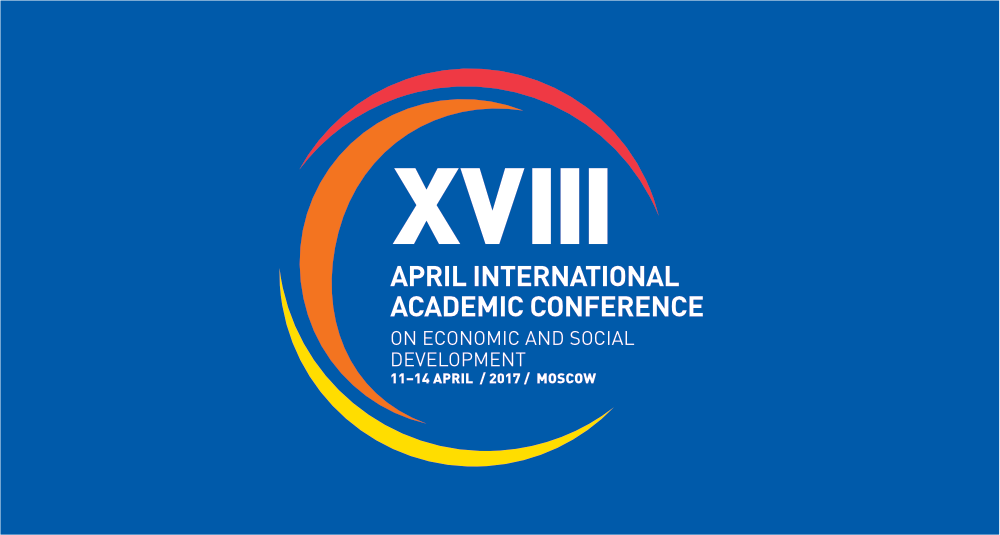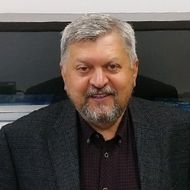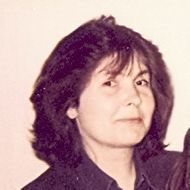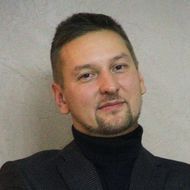- A
- A
- A
- ABC
- ABC
- ABC
- А
- А
- А
- А
- А
- HSE University
- Faculty of Economic Sciences
- Department of Statistics and Data Analysis
- News
- XVIII April Conference to Discuss ‘Hidden Champions’, Building Social Networks, and the Economics of Sport
-
Department
109028, Moscow,
Pokrovsky Boulevard 11, Rooms: S435, S424
Phone: +7 (495) 772-95-90*27039, 27038
Email: erichkova@hse.ru, ochikunaev@hse.ru
The Department of Statistics and Data Analysis, which is part of HSE’s Economics Faculty, brings together leading Russian and international specialists in the field of business statistics, macroeconomic statistics, stochastic analysis, actuarial mathematics and statistical methods for analysing economic and social processes.
Ajsmontas B., Alekhina S., Aleksandrova L. et al.
Springer, 2024.
In press
Chaudru de Raynal P., Jabir J. M., Menozzi S.
Stochastics and Partial Differential Equations: Analysis and Computations. 2024. P. 1-54.
Sinyavskaya O., Pishnyak A., Cherviakova A. A. et al.
In bk.: Inclusive education in the Russian Federation: Scoping International and Local Relevance. Springer, 2024. P. 139-167.
Belomestny D., Morozova E., Panov V.
math.ST. arXiv.org. Cornell University, 2024. No. 2405.05419.

XVIII April Conference to Discuss ‘Hidden Champions’, Building Social Networks, and the Economics of Sport

From April 11 to 14, HSE is holding its XVIII April International Academic Conference on Economic and Social Development. Conference Programme Committee members Fuad Alekserov and Andrei Yakovlev discuss the key themes and main reports that will be presented at the conference. This conference will draw around 2,000 people, including 200 international participants. A total of 35 themed sections and 240 discussion sessions have been put together, based on academic analysis of the applications received. The conference will, as is traditional, focus on those factors and phenomena that can support economic and social development.
‘We tried to ensure that each section not only included sessions with presentations but also round-table discussions,’ Andrei Yakovlev said. ‘Some sections include guest lectures, and where, in previous years these would as a rule be reports by major foreign experts, now we will also see some given by leading Russian academics.’ These include Natalya Volchkova from the New Economic School (NES) and the Centre for Economic and Financial Research (CEFIR) who will present the results of research into trade costs and Russian exporters, while the First Vice Rector at HSE Vadim Radaev will discuss the evolution of black markets in Russia, such as the alcohol black market. In addition, the head of the Economic Expert Group Evsey Gurvich will present a report on the macroeconomics and structure of the Russian labour market.
International guest lecturers include Professor Charles S. Sabel from Columbia Law School, who back in the 1980s published the seminal work The Second Industrial Divide: Possibilities for Prosperity and who now focuses on problems in new industrial policy and new mechanisms of state governance. ‘The German professor Hermann Simon, author of the bestselling work Hidden Champions, looking at mid-cap companies which could take a significant niche in global markets, will also give a very interesting talk. He started by looking at these companies in Germany, and then studied Chinese businesses. Today we will discuss similar issues relating to entrepreneurship in Russia,’ says Andrei Yakovlev.
Russia could also find the experience of developing economies, including the BRICS countries, interesting. Professor Arunava Sen from the Planning Unit at the Indian Statistical Institute, where he develops development strategies for India, will attend the conference.
‘A distinctive feature of the Conference is that there is greater diversity in presentations on networks, games, on game modeling in resolving different challenges,’ Fuad Alekserov comments. ‘For example, Bhaskar Dutta from a leading British university, The University of Warwick, will talk about building partnerships over social networks. While an ‘old friend’ of the April Conference, Professor Maarten C Janssen, will give a guest lecture on telecom auctions.’
Fuad Alekserov believes that the section on theoretical economics, the banking section, and the sections on innovation, education and political processes, would be particularly interesting. ‘This is the second time we will have had a section on sport, with interesting reports on the economics of sport and other models related to sport,’ he explained.
Another feature of this year’s Conference will be that, alongside presentations and guest lectures there will also be expert discussions on Russia’s future economic and social development to 2024, and through 2035. Researchers from the Center for Strategic Developments, the Gaidar Institute of Economic Policy, will join experts from HSE, representatives of government ministries and agencies, in these discussions.
The Conference’s academic impact – through the preentation and discussion of academic research and publications – is clear. But the April Conference also offers the chance to build academic connections on both personal and institutional levels. In many cases this happens thanks to the HSE’s international laboratories.
‘There are events, which are already associated with the conference, and which have in effect become independent events within it,’ Andrei Yakovlev said. ‘For example, Ronald Inglehart’s Laboratory for Comparative Social Research is holding a seminar that involves a large number of researchers from different universities. The Center for Market Studies and Spatial Economics led by Jacques-Francois Thisse is holding its own major seminar, in English, in order to involve Russian researchers in interaction and collaboration with international counterparts.’
Students and graduate students who are involved in serious research will also take part in HSE’s April Conference in specially designed formats – including postgraduate seminars. One such seminar is organized jointly with the European Association for Comparative Economic Studies (EACES). This year it will be devoted to regional aspects of the labor market, migration, investment, education, and healthcare. Each graduate student’s report will receive detailed an extensive comments by respected experts in the fields. Another PhD Seminar, organized by the HSE’s Department of Finance, headed by Irina Ivashkovksaya, will be on financial markets and corporate strategies.
A full programme for the conference, and annotated presentations, is available on the HSE website.
Jacques-François Thisse
Andrei A. Yakovlev
- About
- About
- Key Figures & Facts
- Sustainability at HSE University
- Faculties & Departments
- International Partnerships
- Faculty & Staff
- HSE Buildings
- Public Enquiries
- Studies
- Admissions
- Programme Catalogue
- Undergraduate
- Graduate
- Exchange Programmes
- Summer Schools
- Semester in Moscow
- Business Internship
-
https://elearning.hse.ru/en/mooc/
Massive Open Online Courses
-
https://www.hse.ru/en/visual/
HSE Site for the Visually Impaired
-
http://5top100.com/
Russian Academic Excellence Project 5-100
- © HSE University 1993–2024 Contacts Copyright Privacy Policy Site Map
- Edit


